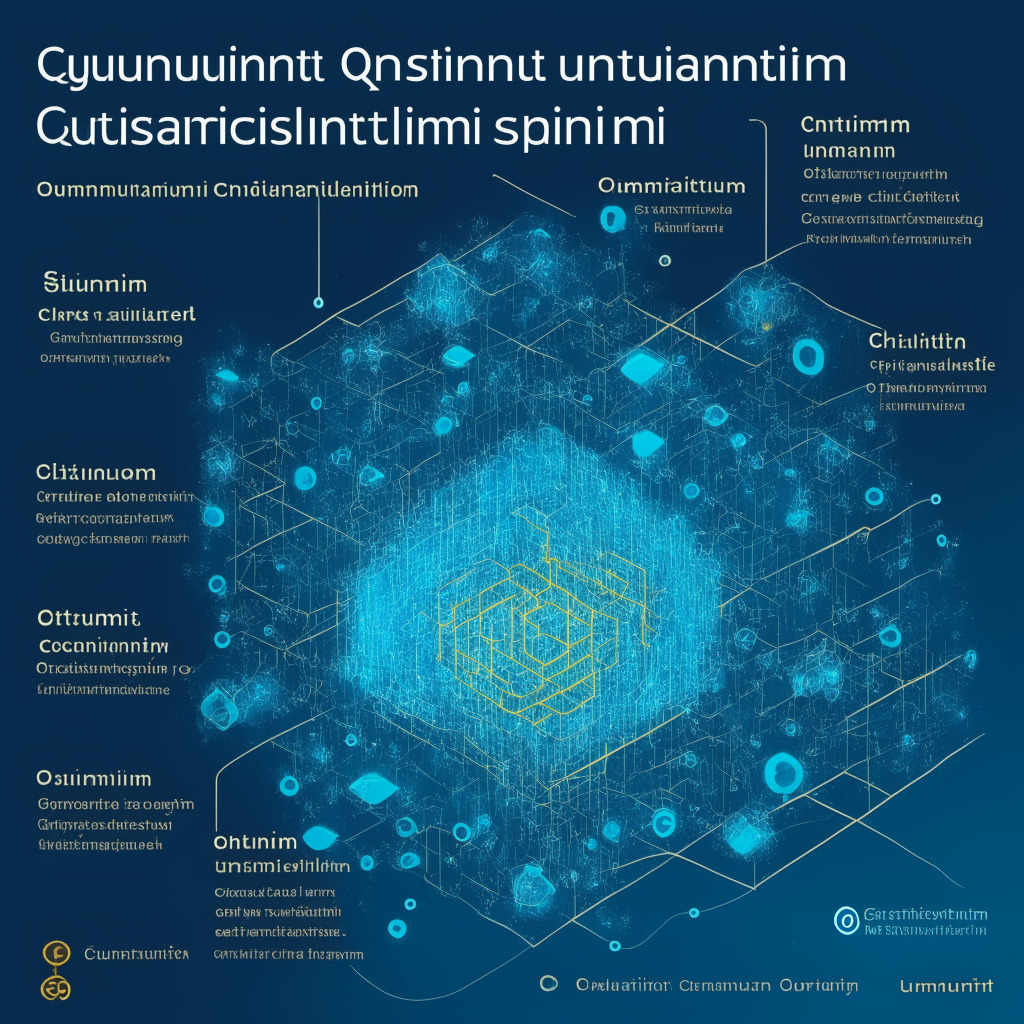The growing interest in blockchain technologies and the development of innovative consensus mechanisms are in high demand. A recently published research in collaboration with quantum technology company BTQ and scholars from Australian and American universities has unveiled a groundbreaking approach to the proof-of-work (PoW) concept, which is based on boson sampling. This suggests an even more fascinating future for the crypto industry as these advancements might bring faster and more energy-efficient processing capabilities.
Traditional PoW algorithms, such as the one employed in Bitcoin, have been criticized for their sluggish processing speeds and high energy consumption. However, the introduction of this new quantum computing-based PoW system, referred to as “proof-of-work consensus by quantum sampling,” could change the game. With a focus on quantum hardware for implementation, the researchers claim that their proposed alternative will provide a more eco-friendly solution.
One of the paper’s appealing aspects is its claim of increasing mining difficulty as the number of quantum mining machines in the network rises. This ensures a consistent block mining time and encourages the participation of “quantum miners” within the network, according to the researchers. It is worth pointing out, though, that criticisms might arise from skeptics who argue that relying on quantum mining machines could create potential centralization issues and reliance on expensive equipment.
The concept of boson sampling is not new in quantum computing, but its application to blockchain technology presents a unique opportunity. Previously limited to specific industries only, the researchers argue that this non-universal quantum computing solution could be an ideal way to future-proof blockchain networks and reduce energy consumption. The team suggests that quantum hardware inherently surpasses classical supercomputers when it comes to validating consensus efficiently, making it a prime candidate for merging with blockchain technology.
As a result of this research, the fusion of quantum computing and blockchain technology could push the boundaries of cryptocurrencies and decentralized systems. This has the potential to fast-track a world of faster, more secure, and environmentally friendly blockchain networks. However, it is also important to consider the negative aspects, such as the need for quantum infrastructures to be accessible, affordable, and reliable for mainstream adoption.
The prospects of combining these cutting-edge technologies are undeniably exciting, but questions remain unanswered. Will quantum blockchain solutions be widely accessible, and will it eliminate the energy consumption concerns plaguing the current technology? While the future is still uncertain, this research has indeed sparked conversations among crypto enthusiasts and experts alike about the potential evolution of the blockchain landscape.
Source: Cryptonews




